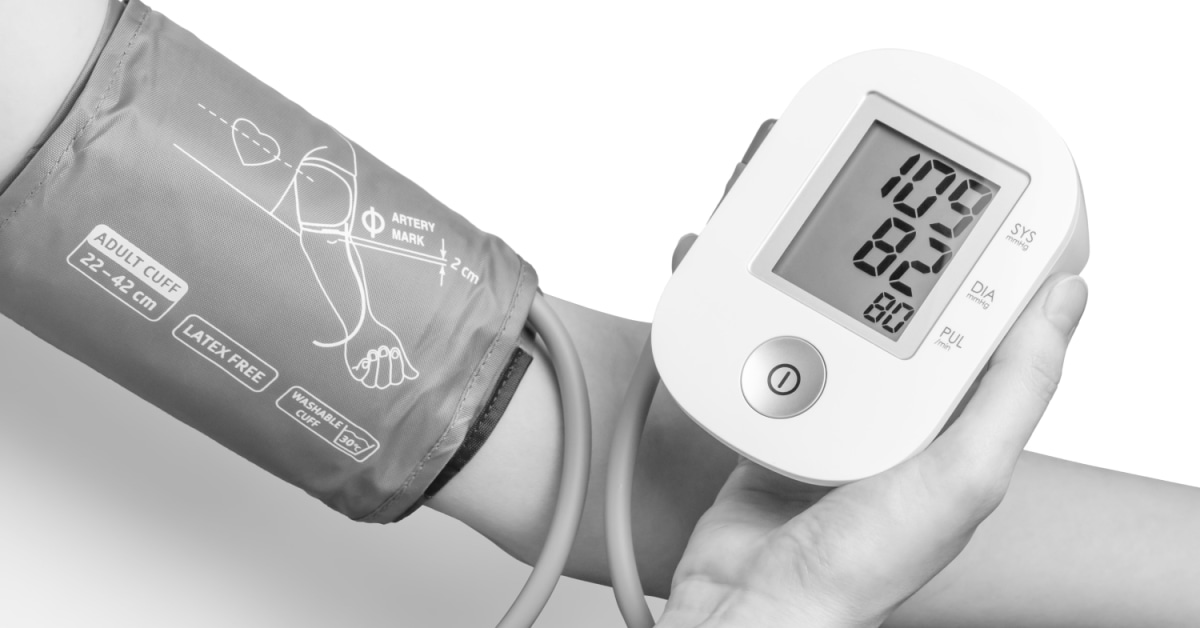
Hypertension, also known as high blood pressure, is a common cardiovascular condition that affects millions of people around the world. This chronic condition occurs when the force of blood against your artery walls is consistently too high, putting strain on your heart and blood vessels. If left untreated, hypertension can lead to serious health complications, making it important to understand its symptoms and potential risks. In this article, we will delve into the various symptoms and complications of hypertension, providing you with a comprehensive understanding of this condition. From the causes and risk factors to the different stages and treatment options, we will cover all the essential information you need to know about hypertension. So, if you or a loved one has been diagnosed with this condition, or if you simply want to learn more about it, keep reading to gain valuable insights and knowledge about hypertension.
Hypertension, also known as high blood pressure, is a common cardiovascular condition that affects millions of people worldwide. It occurs when the force of blood against the walls of your arteries is consistently too high, putting extra strain on your heart. If left untreated, hypertension can lead to serious complications such as heart disease, heart attacks, and strokes.
Firstly, it is important to understand the symptoms of hypertension as they can often go unnoticed. Common signs include headaches, dizziness, shortness of breath, chest pain, and nosebleeds. However, these symptoms may not always be present, which is why hypertension is often referred to as the ‘silent killer’. It is important to regularly monitor your blood pressure and consult with a healthcare professional if you have any concerns.
While some people may experience these symptoms, others may not have any noticeable signs at all. This makes it even more crucial to regularly check your blood pressure and make necessary lifestyle changes to keep it under control. If left untreated, hypertension can lead to serious complications that can significantly impact your health and quality of life.
One of the most common complications of hypertension is heart disease. High blood pressure puts a strain on your heart and can cause damage to your arteries, making it harder for blood to flow properly. This can lead to a buildup of plaque in your arteries, increasing the risk of heart attacks and other cardiovascular problems.
In addition to heart disease, hypertension can also lead to strokes. When the blood vessels in your brain are damaged due to high blood pressure, it can cause a stroke. This occurs when the blood supply to your brain is interrupted, leading to brain damage or even death.
Another serious complication of hypertension is kidney disease. The kidneys play a crucial role in filtering waste and excess fluid from the body. High blood pressure can damage the blood vessels in the kidneys, making it difficult for them to function properly. This can lead to kidney failure, which requires dialysis or a kidney transplant.
Other complications of hypertension include vision problems, sexual dysfunction, and an increased risk of developing peripheral artery disease. It is important to take hypertension seriously and make lifestyle changes to manage it, as it can have serious consequences on your overall health and well-being.
In conclusion, hypertension is a common cardiovascular condition that can have serious consequences if left untreated. It is important to understand the symptoms and regularly monitor your blood pressure to catch any potential issues early on. Making lifestyle changes such as eating a healthy diet, exercising regularly, and managing stress can help keep your blood pressure under control and prevent complications. Remember, prevention is always better than treatment when it comes to hypertension.
Understanding the Complications of Hypertension
Hypertension can lead to various complications that can significantly impact your overall health. These include:
1. Heart disease: High blood pressure puts extra strain on your heart, causing it to work harder than normal. This can lead to thickening of the heart muscle or coronary artery disease.
2. heart attack: When the blood flow to a part of your heart is blocked, it can cause a heart attack. Hypertension increases your risk of developing blood clots that can lead to a heart attack.
3. Stroke: High blood pressure can damage the blood vessels in your brain, increasing your risk of stroke.
4. Kidney damage: The small blood vessels in your kidneys can become damaged due to high blood pressure, affecting their ability to filter waste from your blood.
5. Vision loss: Hypertension can cause damage to the blood vessels in your eyes, leading to vision loss or even blindness.Prevention is key when it comes to hypertension. By maintaining a healthy lifestyle, including regular exercise and a balanced diet, you can help to prevent hypertension and its associated complications. It is also important to regularly monitor your blood pressure and consult with a healthcare professional if you have any concerns. Remember, early detection and treatment can make a significant difference in managing hypertension and reducing the risk of serious complications.